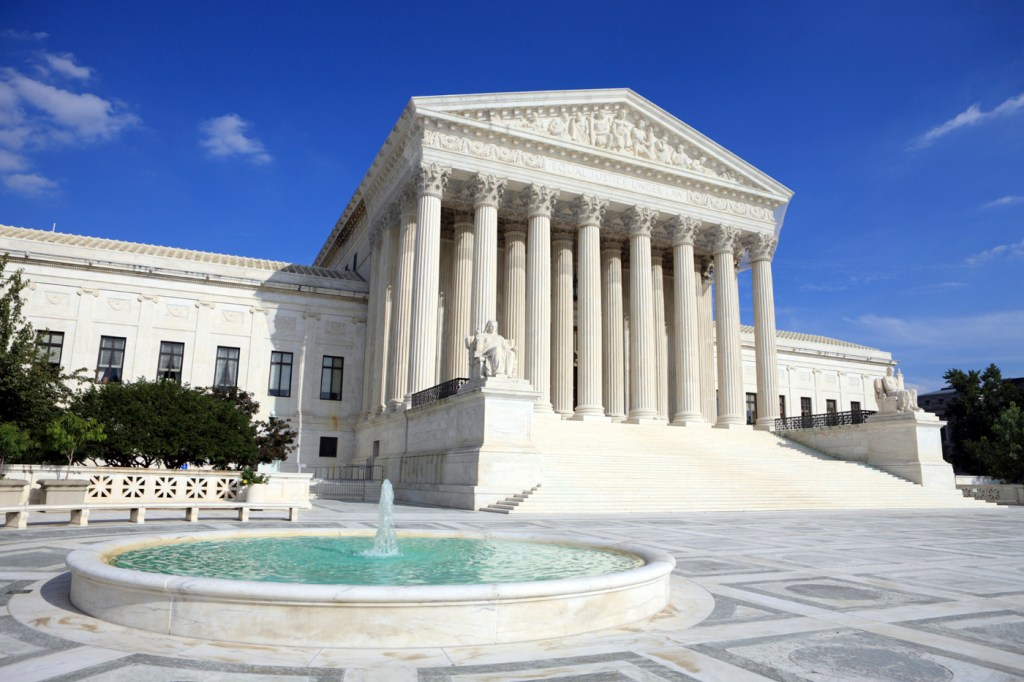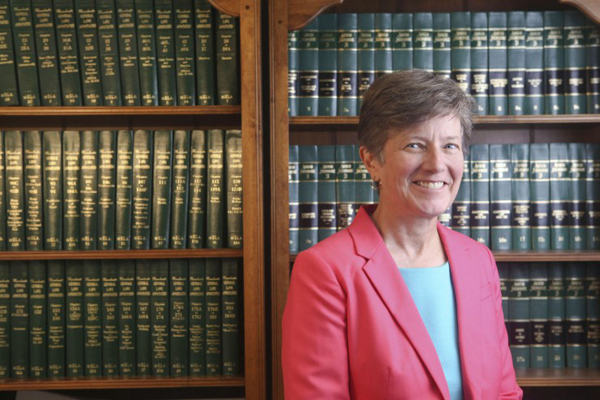Law school grad makes case to Supreme Court for same-sex marriage rights

On Tuesday, the U.S. Supreme Court heard arguments in a historic gay marriage case as to whether the Constitution affords same-sex couples the right to marry.
Making the case that the “equal protections” and “due process” guaranteed by the 14th amendment means same-sex couples should be allowed to wed was Northeastern University School of Law alumna Mary Bonauto, L’87.

A champion of gay rights, Bonauto has worked tirelessly for equal rights for all people, specifically the right to marry for same-sex couples and the legal protections that marriage affords. As civil rights project director at Gay and Lesbian Advocates and Defenders, Bonauto secured the nation’s first civil union law in Vermont in 1999, and in 2003 she successfully argued the Supreme Judicial Court case legalizing same-sex marriage in Massachusetts.
“Attorney Bonauto proved once again yesterday why she has long been the nation’s leading advocate for the constitutional rights of same-sex couples,” said School of Law Dean Jeremy Paul. “With unwavering confidence in the rightness of her cause, Ms. Bonauto expertly fielded difficult questions from the bench and never lost track of her core argument: When justice comes into conflict with history, it is justice that must prevail. Her clients could not have asked for a more worthy champion and their fate now rests firmly in the hands of a court that has heard their arguments from a soft voice that yet spoke loud and clear.”
The Supreme Court released the audio and transcript of the oral arguments Tuesday afternoon.
In addition to states’ power to ban same-sex marriage, the court will also rule on whether a state can refuse to recognize out-of-state same-sex marriages. The court’s decision is expected in June.





